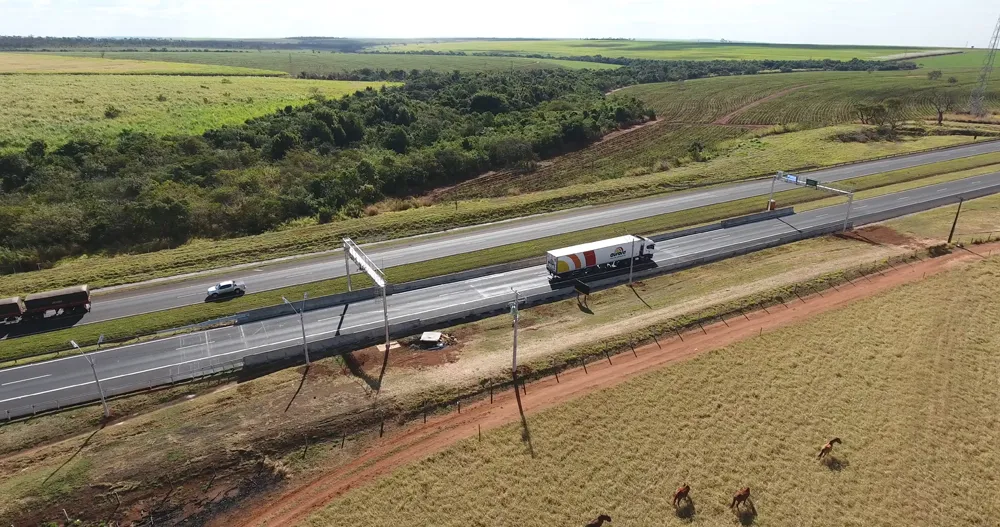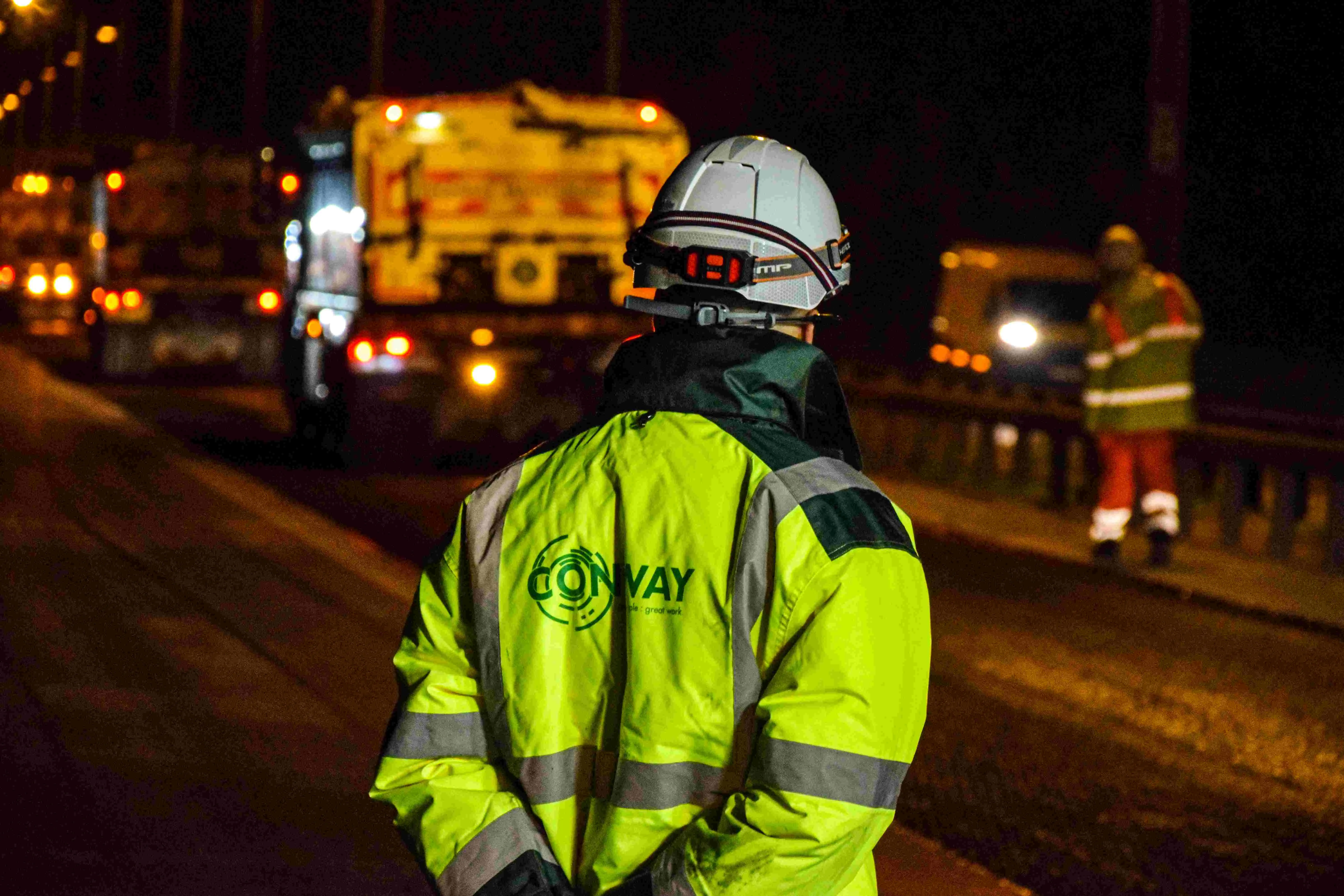Vinci Highways has acquired Peruvian toll road operator Lamsac from the Brazilian group Invepar for around US$1.67 billion.
The deal is for 100% of Lamsac which is the concessionaire of the Línea Amarilla toll road in the centre of the Peruvian capital Lima. Vinci Highways, which is Vinci Concessions’ international highways subsidiary, also gets the Peruvian company PEX, Lamsac’s electronic toll collection operator.
A statement from Vinci said that Lamsacholds a concession contract with the municipali
August 9, 2016
Read time: 2 mins
The deal is for 100% of Lamsac which is the concessionaire of the Línea Amarilla toll road in the centre of the Peruvian capital Lima. Vinci Highways, which is Vinci Concessions’ international highways subsidiary, also gets the Peruvian company PEX, Lamsac’s electronic toll collection operator.
A statement from Vinci said that Lamsacholds a concession contract with the municipality of Lima to build, operate and maintain the 25km-toll road until November 2049.
The transaction will be finalised and operations transferred to Vinci in the second half of 2016.
In 2015, traffic on Lamsac averaged 134,000 vehicles/day. “Traffic will further increase following the completion of a new section under construction. With an average annual growth rate of more than 6% over the past 10 years, Peru features a very attractive economy,” the Vinci statement said.
On 21 April 2015, Vinci Airports won the concession for the international airport in Santiago de Chile as part of a joint venture. Construction of a new terminal to double the airport’s capacity is expected to start soon.
Vinci said that the deal for Lamsac reflects the French group's expansion goals in Latin America. “With the acquisition of the Brazilian Orteng Engenharia e Sistemas company in March 2015, Vinci Energies began operating in Brazil where it has become a leader in services linked to energy and industry,” according to the statement.
“More recently, the croup formed a strategic partnership with Constructora Conconcreto, a leading Colombian construction and real estate development company, to help support Colombia’s major road infrastructure development projects.”
Invepar operates in the transportation infrastructure segment in Brazil and abroad, focusing on the management and operation of toll roads, urban mobility systems and airports. The group comprises 12 public-service concessionaires in the toll road, urban mobility and airport sectors.








